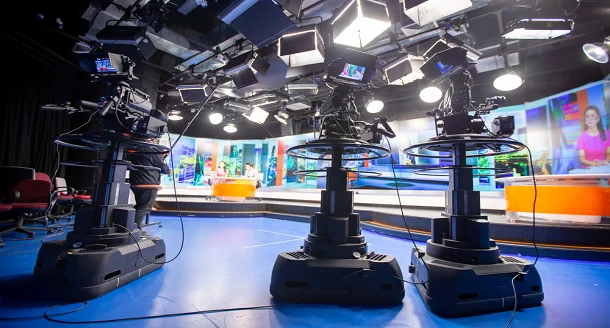Schools need federal money to continue to function. School districts barely recovered from the Great Recession. Four-day school weeks and falling real salaries were not uncommon. Teachers were also in short supply in some geographic regions and fields. According to a recent study by the Center on Budget and Policy Priorities, COVID-19 will lead to $350 billion in state budget shortfalls by 2021 – significantly larger than the Great Recession’s shortfalls.
Economic recovery:
School systems suffered severe budget cuts a decade ago due to falling property values. This recession resulted in massive investments in infrastructure, including innovations in school improvement. As a result, there was a slowdown in educational outcomes, as well as reduced college enrollment and graduation rates. Unfortunately, the recovery from the Great Recession was never complete. In order to avoid a repeat, the recovery must be more comprehensive.
Impacts of COVID-19 pandemic on learning:
The COVID-19 pandemic is a major threat to the global economy, with the ripple effects of its fallout depressing the prospects of millennials in adulthood. This virus could negatively impact millennials’ opportunities to attend college, land a satisfying job, and provide for their families. The economic costs of the disease could reach $128 billion to $188 billion a year.
Despite the widespread nature of the virus, the impact on students differs significantly between countries, as well as among low-income students of color. In the U.S., students in majority-Black schools ended the school year six months behind their peers in reading and math. In the world, students in predominantly low-income schools ended the year three months behind in reading, and nearly six months behind in math.
Impacts of state revenue reductions:
During the Great Recession, school funding in states across the United States declined. This cut was greater in states that relied on state revenue, such as Hawaii. State budgets for education are highly sensitive to changes in local tax revenue. Most state tax collections come from income and sales taxes, which are directly tied to residents’ paychecks. On the other hand, state revenue is less responsive to changes in market values. That’s why states that rely on state tax collections have a harder time funding public education.
In Michigan, state universities have estimated negative financial impacts of $1.271 billion over the next three years, which is nearly 17 percent of university general funds and eighty-seven percent of state appropriations. Last year, the state cut funding to higher education operations by 11 percent, but backfilled the cut with CARES Act funds. The state’s FY 21 appropriation to state universities remained flat, however.
Impacts of voucher expansion schemes on school budgets:
The current administration is considering expanding the use of vouchers to send students to private schools. Voucher programs have a limited impact on student achievement and school district performance. Voucher expansion is being pushed by ideological differences and the desire to create market-based education alternatives. There are numerous concerns, however. These include increased school segregation and the erosion of a common secular education. Additionally, voucher programs can lead to a disproportionate number of young and inexperienced teachers leaving public schools for lower-paid private schools.
Some researchers point to the success of New York’s voucher program as a model for future policy. While voucher expansion has a negative effect on public school budgets, it may be more effective than the current educational system. The program is more effective than public schools, especially for urban students, and can help parents transmit their religious values to their children. In addition, vouchers can provide a cost-effective education to students attending private schools.
Author Bio: Miguel Gabriel is a research-based content writer. He has worked in various industries, including healthcare, technology, and finance. He is currently working as an writer in Research Prospect famous for dissertation writing services and essay writing. When Miguel is not writing or researching, he enjoys spending time with his family and friends. He also loves traveling and learning about new cultures


